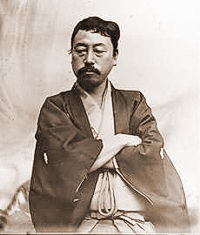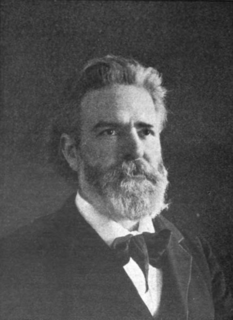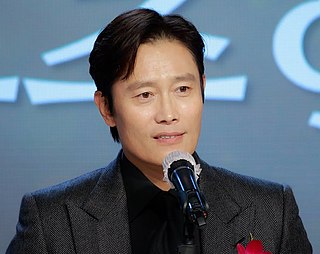A Quote by Matthew Arnold
Philistinism! - We have not the expression in English. Perhaps we have not the word because we have so much of the thing.
Related Quotes
I think in Arabic at times, but when I'm writing it's all in English. And I don't try to make my English sound more Arabic, because it would be phony - I'm imagining Melanie Griffith trying to do a German accent in Shining Through. It just wouldn't work. But the language in my head is a specific kind of English. It's not exactly American, not exactly British. Because everything is filtered through me, through my experience. I'm Lebanese, but not that much. American, but not that much. Gay, but not that much. The only thing I'm sure of, really, is that I'm under 5'7".
When I was quite young I fondly imagined that all foreign languages were codes for English. I thought that "hat," say, was the real and actual name of the thing, but that people in other countries, who obstinately persisted in speaking the code of their forefathers, might use the word "ibu," say, to designate not merely the concept hat, but the English word "hat." I knew only one foreign word, "oui," and since it had three letters as did the word for which it was a code, it seemed, touchingly enough, to confirm my theory.
For life is an expression, our unconscious actions the constant betrayal of our innermost thought. Perhaps we reveal ourselves too much in small things because we have so little of the great to conceal. The tiny incidents of daily rouitine are as much a commentary of racial ideas as the highest flight of philosophy or poetry.
English has always been my musical language. When I started writing songs when I was 13 or 14, I started writing in English because it's the language in between. I speak Finnish, I speak French, so I'll write songs in English because that's the music I listen to. I learned so much poetry and the poetic way of expressing myself is in English.
Trevor realized that the odd thing about English is that no matter how much you screw sequences word up up, you understood, still, like Yoda, will be. Other languages don't work that way. French? Dieu! Misplace a single le or la and an idea vaporizes into a sonic puff. English is flexible: you can jam it into a Cuisinart for an hour, remove it, and meaning will still emerge.
I don't find English restrictive, but it brings a level of discipline to my writing that I wouldn't have in Bulgarian. My control of English, however you define it, my ability to work in English, is more limited than in Bulgarian. That means out of necessity I have to develop a style that goes for clarity of expression which I may not have done otherwise.







































